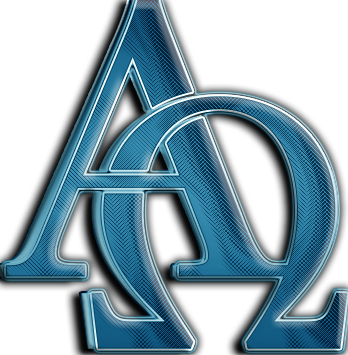♔
The King of the Kingdom
Who is this King?
Isaiah 9:6-7 – For to us a child is born, to us a son is given; and the government shall be upon his shoulder, and his name shall be called Wonderful Counselor, Mighty God, Everlasting Father, Prince of Peace. Of the increase of his government and of peace there will be no end, on the throne of David and over his kingdom, to establish it and to uphold it with justice and with righteousness from this time forth and forevermore. The zeal of the Lord of hosts will do this.
Isaiah 11:10-7 – In that day the root of Jesse, who shall stand as a signal for the peoples—of him shall the nations inquire, and his resting place shall be glorious.
1 Timothy 6:14-15 – Our Lord Jesus Christ… who is the blessed and only Sovereign, the King of kings and Lord of lords.
John 12:15 – “Fear not, daughter of Zion; behold, your king is coming, sitting on a donkey’s colt!”
Jude 1 – Now to him who is able to keep you from stumbling and to present you blameless before the presence of his glory with great joy, to the only God, our Savior, through Jesus Christ our Lord, be glory, majesty, dominion, and authority, before all time and now and forever. Amen


